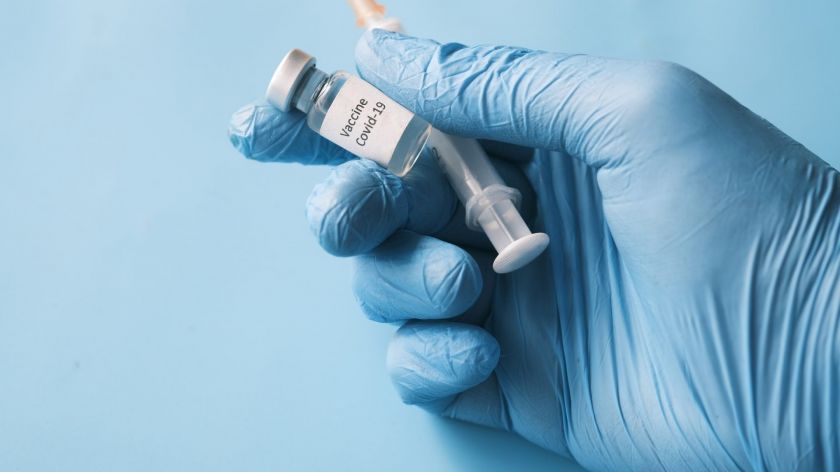How the new Nijmegen covid vaccine can also help combat malaria
-
 Foto via unsplash
Foto via unsplash
Last week, researchers at the Radboudumc published the first results of a new corona vaccine. Although the majority of people have already been vaccinated, research into new vaccines continues. ‘That’s not just to provide an alternative to existing vaccines, but also to combat other diseases in the future.’
In early 2020, scientists around the world dedicated themselves to developing a vaccine for the coronavirus; even scientists in Nijmegen put their other research on hold to contribute to the effort, along with their colleagues from Denmark and Germany. Benjamin Mordmüller, professor in medical microbiology at Radboudumc, and his research group observed 45 test subjects as part of this endeavour, each of whom received two doses of the new vaccine. The preliminary results of their research were published last week.
Right now, there is a plethora of different corona vaccines available. Why are you still developing a new one?
‘Back when we started in 2020, we couldn’t have known that a functioning vaccine would hit the market that quickly. Additionally, improving the current methods is always important, because we’ve seen that the immunity you develop after an infection or getting a vaccine like Pfizer or Moderna is not very long-lived. If we want to maintain that immunity, the population would have to receive regular boosters.’
‘That is already undesirable in and of itself, but it also comes with all manner of logistical issues. Just consider the fact that Pfizer vaccines need a storage temperature of -70 degrees. Our vaccine can be kept in the freezer, and even at room temperature in the short term. We also hope that the immunity provided by our vaccine can last at least ten years. Those two aspects mean that this vaccine is a big improvement on the other ones currently available.’
Ten years of immunity is a lot more than that promised by vaccines currently available. How is that possible?
‘What we have developed is a so-called VLP vaccine (virus-like particle, ed.). This means that the vaccine consists of an antigen and a protein particle: a special kind of coating that mimics the structure, size and symmetry of the original virus without using any parts of the actual virus. The body is very good at memorising that coating, making the immunity longer lasting than that provided by mRNA vaccines (like Pfizer and Moderna), vector vaccines (like Janssen and AstraZeneca) or the protein vaccine Novavax.’
You suggest that your vaccine is not just an alternative to other Covid vaccines, but that it will also contribute to fighting other diseases, such as malaria. Could you elaborate on that?
‘Because the coating created by the vaccine can also ‘apply’ small proteins, which means the structure and shape can be adapted. That provides a lot of flexibility in developing other vaccines.’
‘A number of participants have postponed their regular vaccination’
‘We were already keeping this technique in mind when we were working on a vaccine for malaria, long before corona entered the picture. But there was no funding available for it at the time. Because of the large investment into developing the corona vaccine, which used the same technique, it became possible to develop.’
‘VLP vaccines are not a new invention, by the way: the HPV vaccine, made to counter the human papillomavirus responsible for cervical cancer, works according to the same principles; the technique is just slightly different. You can’t easily transform an HPV vaccine into an Ebola vaccine, for instance. But with this new technique, that should be possible.’
So far, your study has involved 45 participants. Isn’t that too small a sample size to draw conclusions from?
‘That is correct. The preliminary results we just published were mainly focused on side effects and immune response. We could only test those with participants who either hadn’t been vaccinated or had had corona.’
‘Those participants were easy to find at first, but of course when the whole vaccine programme started up, that became increasingly difficult. A number of participants have actually postponed their regular vaccination to be able to contribute to our research into new vaccines, which I think is really beautiful.’
‘These people have made it possible for us to continue our research, which means we can draw conclusions about the workings of our vaccine in practice. We hope to publish the first results of that investigation sometime this year. But for now, we’re already very proud of what we’ve accomplished. It’s possible that this will not only help deal with the corona virus, but it could also serve as a steppingstone to different vaccines.’




